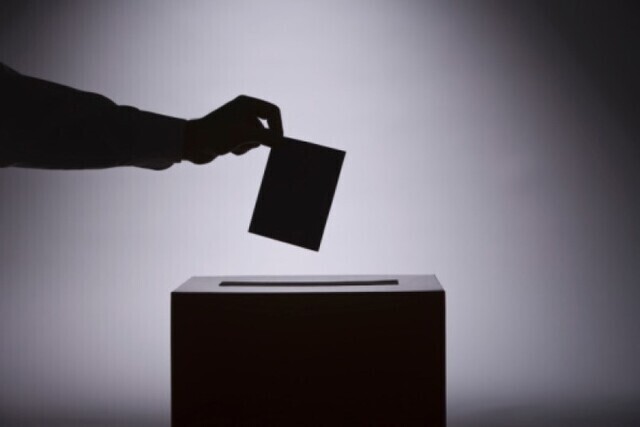Public Insurer Argues for Auto Rate Increase in Upcoming Year
The public insurer, Insurance Corporation of British Columbia (ICBC), has made a strong case for an auto rate hike in the next year. In a recent announcement, the corporation stated that the proposed increase is necessary to cover rising costs and maintain financial stability.
According to ICBC, the main reason for the rate increase is the growing number of claims and the rising cost of repairing vehicles. In the past year, the corporation has seen a 6.4% increase in the number of claims, resulting in a significant financial burden. Additionally, the cost of repairing vehicles has also risen by 4.7%, further adding to the financial strain.
ICBC also pointed out that the current rates are not sufficient to cover the cost of claims and maintain the corporation’s financial stability. In fact, the corporation is currently operating at a loss, with a projected deficit of $890 million for the current fiscal year. This deficit is expected to increase to $1.3 billion by the end of the next fiscal year if no action is taken.
The proposed rate increase, which is subject to approval by the British Columbia Utilities Commission, would see an average increase of 6.3% for basic insurance and 4.9% for optional insurance. This would result in an average increase of $60 per year for basic insurance and $30 per year for optional insurance.
ICBC has also assured that the proposed rate increase is in line with the government’s commitment to keep auto insurance rates affordable for British Columbians. The corporation has stated that the proposed rates are still lower than what private insurers charge in other provinces.
In addition to the rate increase, ICBC is also implementing various cost-saving measures to improve its financial situation. These measures include reducing operating expenses, improving claims management, and implementing new technology to streamline processes.
The public is invited to provide feedback on the proposed rate increase during a public consultation period, which will run until January 20, 2020. The British Columbia Utilities Commission will then review the proposal and make a decision on the rate increase.
In conclusion, ICBC has presented a compelling case for an auto rate hike in the upcoming year. The corporation’s financial stability and ability to cover the rising costs of claims are at stake, and the proposed increase is necessary to ensure the long-term sustainability of the public insurer.



